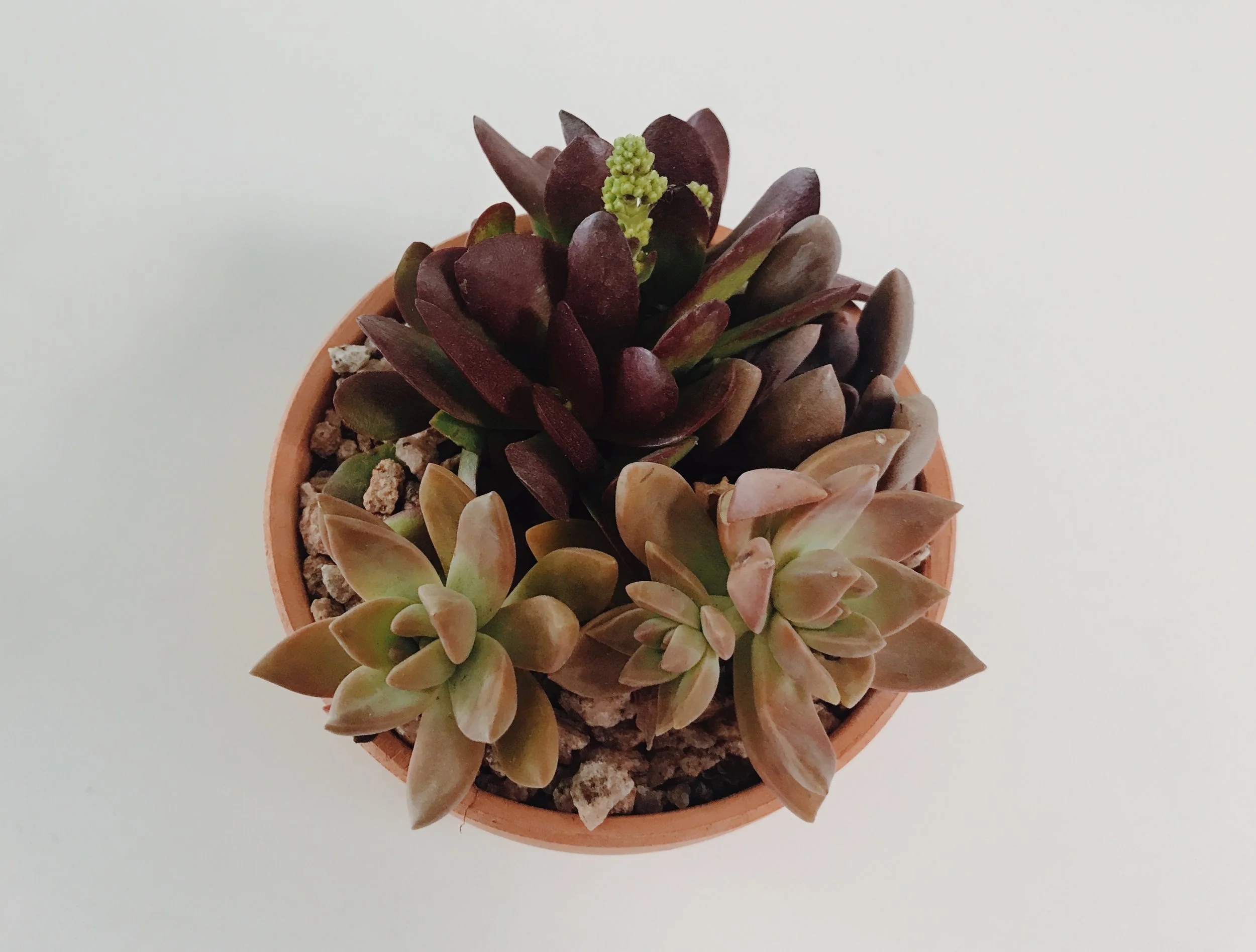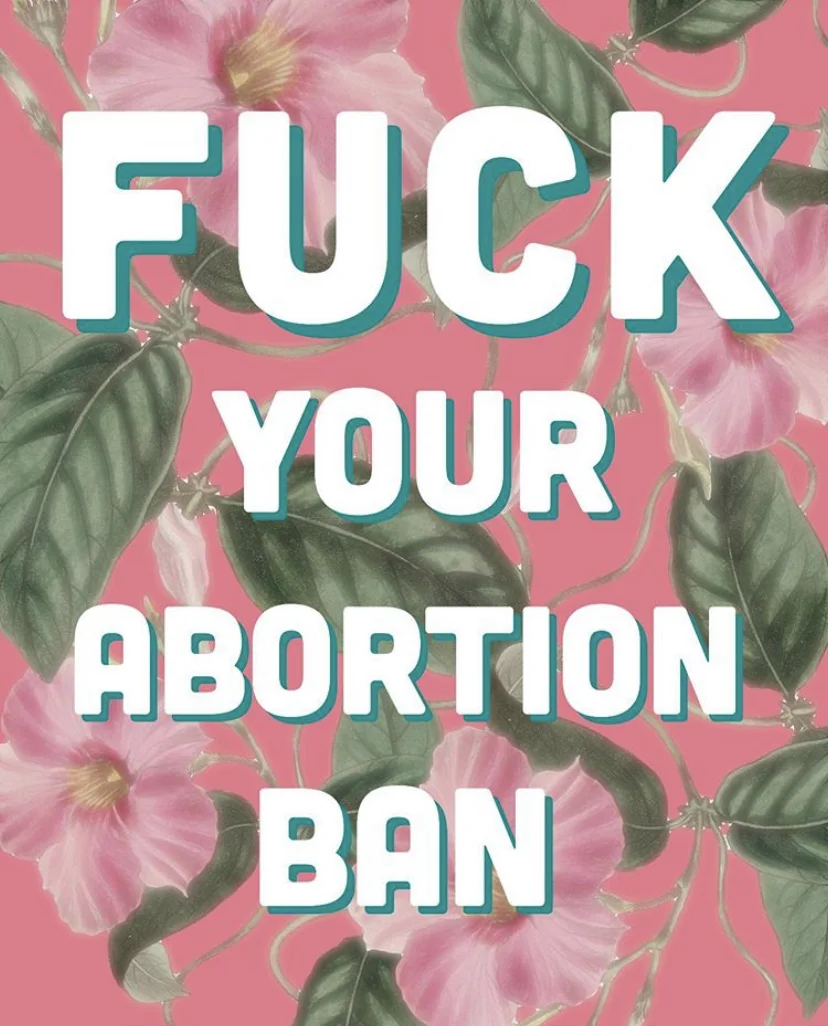Breakdown: Families Belong Together
On Saturday, June 30th an incredible 628 protests will occur across the country demanding that families belong together. It's tough to keep the facts in line, so here is a quick guide to what is going on and where you need to be this weekend.
What happened: Trump’s administration has a zero-tolerance policy at the border, which includes separating children from their parents. Well over 2,000 children have been sent through the Office of Refugee Resettlement, part of the Department of Health and Human Services, to temporary housing facilities nationwide. These kids will hopefully be reunited with their parents after sentences are finalized. Due to societal uproar, Trump has signed an executive order that may change the course of action. But getting families back together isn’t so simple, as no organized steps were taken upon separation.
Taking action: Many human rights organizations (including the ACLU, Women’s March, Feminist Majority Foundation and dozens more) have joined forces to mobilize resistance to the Tump administration’s efforts.
The executive order: The Trump administration is basically undoing the mess they exasperated, and doing what they said they couldn’t — reuniting families. Which really means that children are now allowed to stay with their parents through the prosecution process. The goal remains speedy deportation, or indefinite detention. To be clear — an executive order was not necessary to stop family separation, as there was never a law in place. Family separation has been consequential to Trump’s zero-tolerance policy.
Where it gets complicated: This executive order requires changes to the 1997 Flores Settlement. The agreement was result of Jenny Flores, who, in the 1980s, was caught trying to enter the U.S. from El Salvador to join her mother - who was illegally here - after her father was killed. Flores, a fifteen year old, could only be released to a legal guardian. This rule was in place to keep kids safe, but the lawsuit that followed unveiled the terrible conditions that went against this concern. After reaching the Supreme Court, a settlement was reached that unaccompanied minors be provided basic needs and conditional release outside of legal custody.
Why it really matters: Under the Flores agreement, the government can only hold families in custody for 20 days. The dirty details being that in 2016, the Obama administration made edits to protect all minors, including those entering with parents, and to place the 20 day stipulation. The Trump administration sees this as a “legal loophole,” wanting to instead detain all immigrants until their cases have been resolved (also known as an end to “catch and release” practices). That 20 day limitation now stands in the way of the Trump administration's indefinite release plan.
The march: We turned the heat on and now we are going full blast. Trump’s executive order signals change, but does not solve all our problems, nor does it answer most questions. Although the order does not outline how exactly families will be reunited, over 500 children have been returned to their parents as of June 24. But even reunion cannot rid these children of the traumatic experience that has forever altered their lives. We need just immigration reform. We need to tell our president that the world is watching and we refuse to let each other down.
“There is a human rights disaster of epic proportions happening at our border,” said Lorella Praeli, director of immigration policy and campaigns at the ACLU. “We can’t let the Trump administration shift the blame or use families as bargaining chips for their inhumane policy agenda… we demand the immediate reunification of parents and children and an end to this cruel policy.”
Where/When/Wear: Find your location here. For Los Angeles, meet at City Hall at 11 AM. Wear white - for peace, for unity.
x Dani Pinkus
Photo courtesy of the ACLU







